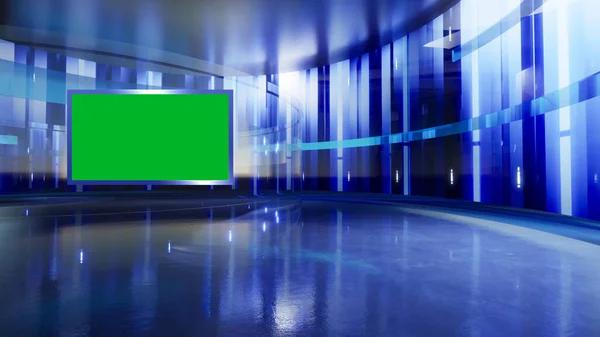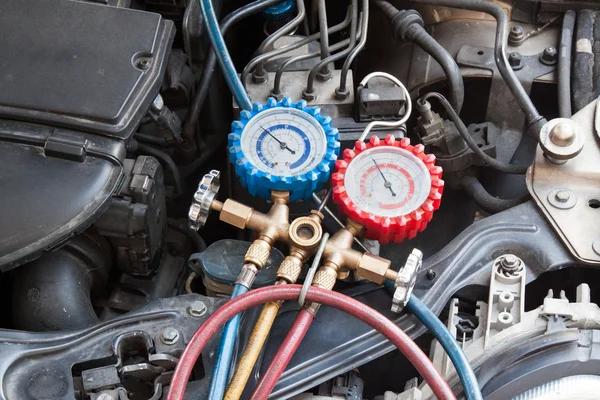
Artificial Intelligence (AI) is revolutionizing various industries, and the video editing and production sector is not an exception. AI technology has brought a significant transformation in the way videos are edited and produced. It has introduced innovative tools that simplify complex tasks, reduce workload, enhance productivity, and improve the overall quality of videos.
One of the most impactful ways AI is enhancing video editing is through automated processes. AI can automate some of the mundane tasks involved in video editing such as trimming footage, adjusting color balance, or syncing audio tracks. This not only saves time but also allows editors to focus on more creative aspects of their work.
In addition to automation, AI has also made it possible to create high-quality videos even with low-quality raw footage. With advanced algorithms and machine learning capabilities, AI can analyze poor quality footage and make necessary enhancements such as noise reduction or image stabilization. This significantly improves the final output and reduces the need for expensive equipment or additional shooting sessions.
Moreover, AI brings about personalization in video production which was previously impossible due to resource constraints. For instance, by using machine learning algorithms that analyze viewer behavior data collected from different platforms like social media sites or streaming services, content creators can tailor their productions according to audience preferences.
Another groundbreaking application of AI in video production is its ability to generate realistic visual effects that were once only possible with high-budget productions. From creating digital characters that mimic human emotions accurately to simulating real-world physical phenomena like fire or water movements; these effects add a new dimension of realism to videos without requiring massive resources.
AI technology can also help streamline post-production workflows by automatically transcribing spoken words into text for subtitles or closed captions – a task that used to be time-consuming when done manually. Moreover, it enables easy localization by translating these transcriptions into multiple languages quickly and efficiently.
Furthermore, with deep learning algorithms capable of recognizing patterns and predicting future outcomes based on past data; filmmakers can use AI to predict audience reactions to different scenes and make necessary adjustments during the editing process. This can significantly enhance viewer engagement and satisfaction.
Finally, AI is making video production more accessible. With user-friendly AI-powered tools and software available in the market, even individuals with no prior experience in video editing can create high-quality videos. These tools simplify complex tasks like color grading or sound mixing, making it easier for beginners to produce professional-grade videos.
In conclusion, AI is not just enhancing video editing and production; it’s revolutionizing it. By automating mundane tasks, improving footage quality, enabling personalization, creating realistic visual effects, streamlining workflows, predicting audience reactions and democratizing video production; AI is setting a new standard for what’s possible in this field. As technology continues to evolve at an unprecedented rate, we can expect even more exciting developments in the future.








